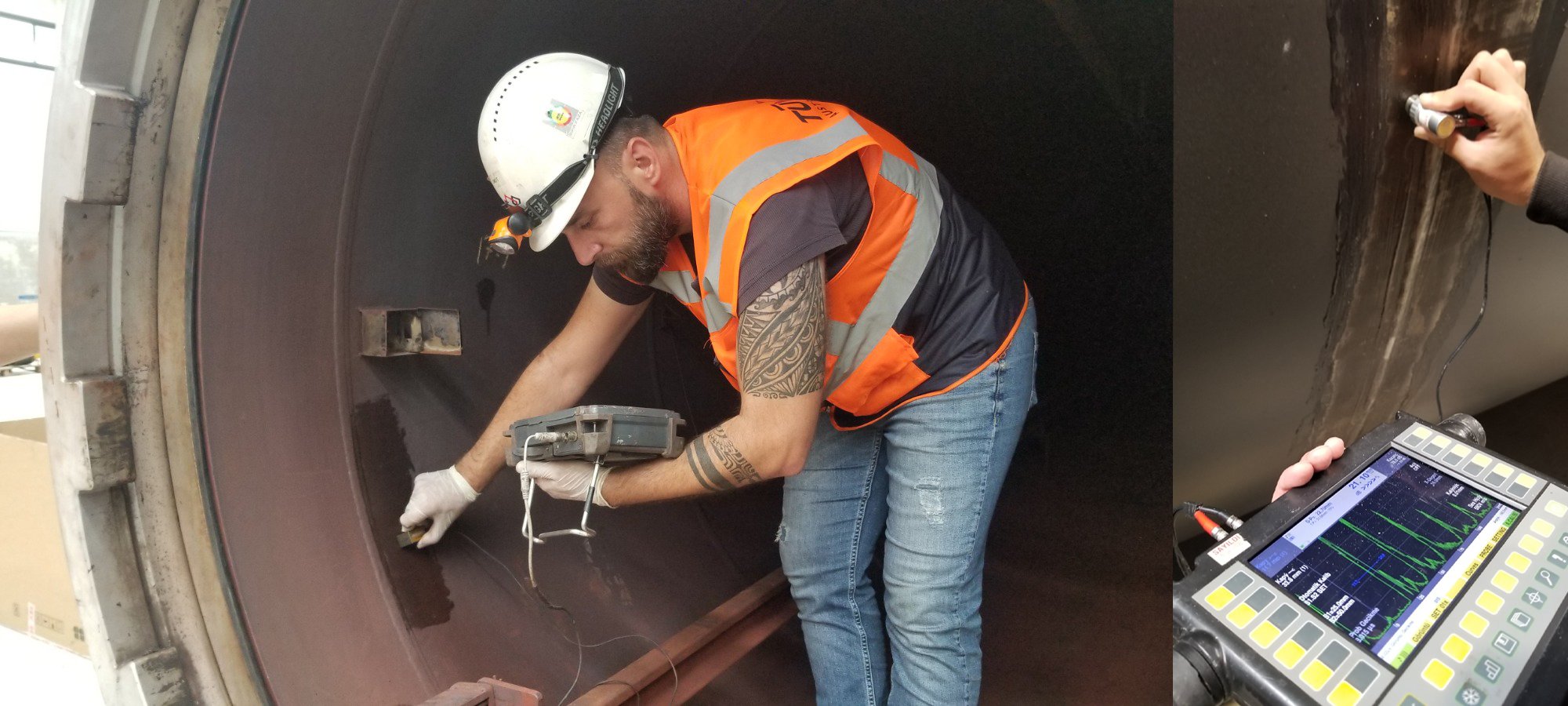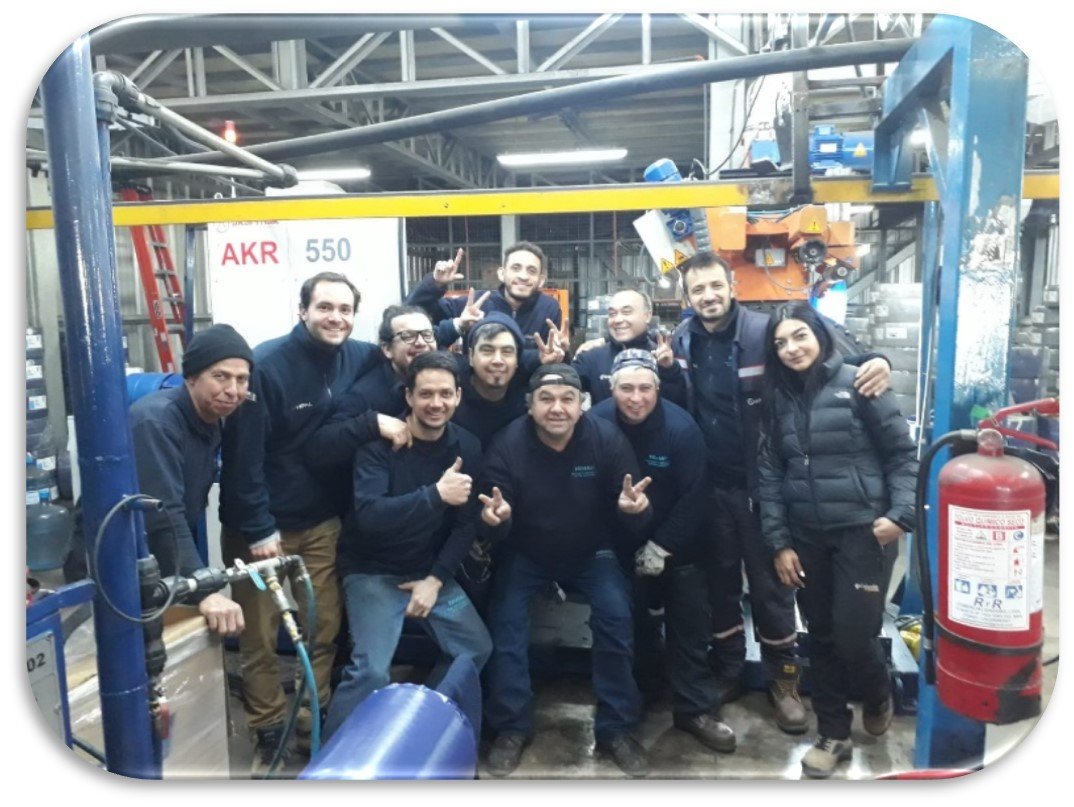After Sales Service And Service Contracts
What is Periodic Maintenance?
Periodic maintenance is the regular maintenance program applied to equipment while it is in operation, before any specific problems arise. The aim is to prevent potential future failures which would cause loss in production, downtime, and even much costlier repairs. The main purpose of the periodic maintenance is to ensure the continuity of using the equipment in the most efficient way, extending the life of the equipment, and avoiding large costs in case of major repairs. The service is most beneficial when provided by the equipment manufacturer, who has the most knowledge about the equipment. Furthermore, the maintenance program is a good sign of a well organized and well managed manufacturing company.
Periodic maintenance programs are best achieved by annual service contracts between the manufacturer of the equipment (or a specialized company offering such services) and the customer using the equipment. In the contract, the details and scope of the maintenance programs are clearly described. The document also states the duration and frequency of the service. The service contracts should include the following:
- The detailed scope of the maintenance works – what is included and excluded
- The responsibilities of the service provider
- The responsibilities of the customer (ie. the user of the equipment)
- Duration of the service work, and conditions for the renewal of the service contract
- The cost of the service


What are the benefits of preventative maintenance through service contracts?
Extending the lifespan of the equipment: Periodic maintenance becomes even more critical when it prevents unwanted breakdowns that possibly cause equipment to become idle. Following a program where the equipment is checked out even before any critical breakdown occurs, and fixing the problem in advance, has a direct impact on the lifespan of the equipment.
Preventing unplanned and unwanted stoppage of the equipment: This aspect of the maintenance program is the main focus of the equipment users, who want to ensure continuous operations at their plants to avoid loss of productivity and production. This is even more critical for manufacturers and service companies whose customers demand non-stop and uninterrupted service, with just-in-time deliveries in some industries, such as automotive. In any periodic maintenance work, the future risks are usually detected and necessary action is taken including part replacement, and further tests. These future works can be scheduled with minimal interruption to the operation.
Increasing productivity: It is seen in many maintenance works that equipment is not being used to its full capacity, and not being operated using minimum resources. This means that it is consuming extensive resources such as electricity, gas and even compressed air. The total loss from these factors becomes significantly more than spending on fixed annual maintenance programs.
Safe use: While many users focus on productivity and unplanned breakdowns, the safe use of the equipment is usually ignored. Periodic maintenance is critical for the safe use of equipment, such as pressure vessels and autoclaves, where an accident may become a major catastrophe for the owner of the equipment and its operators.
Maintaining the value: Well-maintained equipment and proper records of the maintenance always have better value than equipment that is not properly maintained . This is readily apparent in the second hand market, in the case where the owner wishes to sell and upgrade.

The above pictures are from the NDT and crack checks of an autoclave, which might be a part of the periodic maintenance program. As described earlier, the safety aspect is a critically important benefit of the program.
Receiving professional service: While we live in an economic environment where companies focus on their core expertise and operations, the periodic maintenance program can easily be managed by outsourcing to experienced companies. This is particularly true when the program is provided by the equipment manufacturer, who has in-depth knowledge and is aware of the risks not foreseen by the equipment owner and its in-house maintenance team.
All of the factors considered, it is abundantly clear that if you are running a small, mid or large size operation, an effective, continuous and professional maintenance program is essential for your company. As a manufacturer of autoclaves with a focus on safety, Akarmak continuously advocates for a good periodic maintenance program to be followed by its customers. We do not consider this as a simple commercial discussion or an attempt to pursuade our customers, or even other brand users, to purchase Akarmak services. We think it is obvious and just common sense. With a highly capable automation and service team, Akarmak offers its services to autoclave users around the globe, including its own customers in more than 60 countries.


